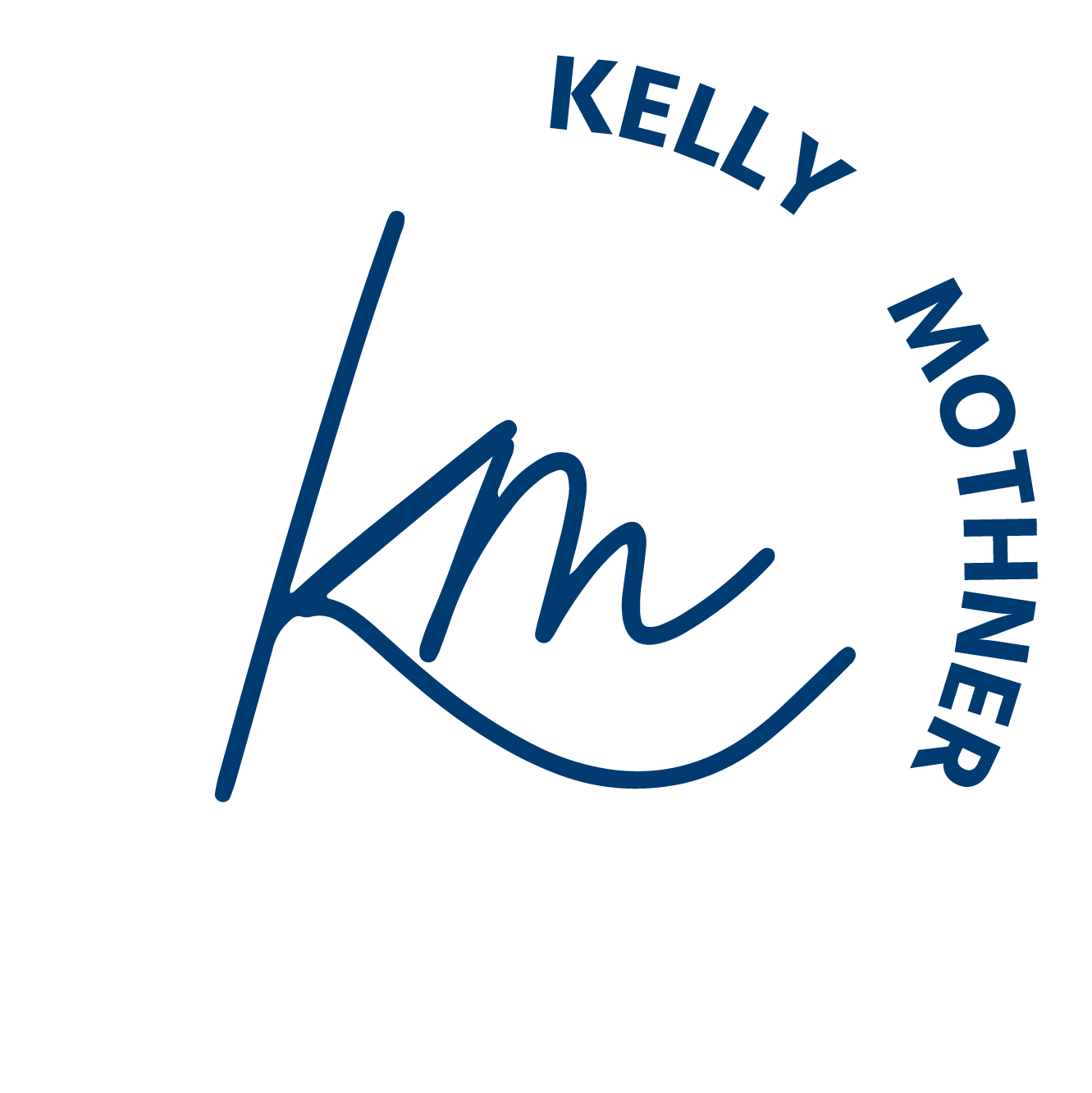Happy Memorial Day!
Celebrating A Homecoming & Understanding The Sacrifices
Summer is here! Good-bye Polar Vortex, good-bye heavy sweaters and socks. Many consider Memorial Day weekend to be the unofficial-official start of summer, and we all love to celebrate the weekend with family vacations and BBQs. Many are quick to chastise Americans for not understanding the actual reason why Memorial Day is observed, but rather than scold let’s use this weekend as an opportunity to understand. With so many soldiers returning home in the next few months, now is a good time to reflect and appreciate the challenges that these brave few face upon homecoming.
They Are Finally Coming Home! Now What?
We’ve all seen the tear inducing YouTube videos of soldiers reuniting with wives, children and dogs after long deployments to combat zones. The exciting fact here is – yes, they are finally coming home! But the issue at hand is this – thousands of soldiers will be returning from Afghanistan by the end of the year to a country that doesn’t understand them. How do we help? How do we relate?
In March of 2014 the Department of Defense announced some sobering numbers: 2,176 lost and 19,522 wounded. Thousands have left their families and risked their existence to make sure our lives go uninterrupted. Most soldiers understand that civilians will never be able to understand what they did, and that’s not what they are asking for. More so than anything, soldiers want support. Returning from a combat zone can be incredibly isolating and daunting.
The Mental Toll Of A Decade Of Combat
For most, the coming home part isn’t the most difficult; it’s the readjustment to a normal life that is actually the most challenging part of the process. Transitioning from a high stress life in which every decision could mean the difference between life or death to driving your car to the grocery store is not as easy as it sounds. The mental and psychological toll this war has taken on many of our warriors is the hardest part for civilians to understand. PTSD (Post Traumatic Stress Disorder) is a term that is thrown around a lot lately, but the number silently suffering from it is far larger than we’d like to believe. The hard part for civilians to understand is that PTSD does not have any physical marks. Nevertheless, the rehabilitation process is no less challenging than those recovering from a physical injury.
Some Symptoms Of PTSD:
- Disturbing or distressing recollections
- Flashbacks – replays of what happened in the combat zone
- Nightmares – recurrent combat dreams
- Anxiety and fear – feeling as if one is back in the combat zone
- Outbursts of anger
- Avoidance
- Loss of interest
- Trouble remembering
- Feeling disconnected
Effects On The Family
Often the task of helping a soldier deal with combat stress falls primarily on their family, and most often on their partners. Helping someone work through their PTSD can be a traumatic experience in itself, and many caregivers have developed Secondary PTSD – in which they often experience their own versions of combat stress. Support and understanding for those caring for returning soldiers is also an important part of the home coming process. Finding communities, organizations and blogs are a great way for caregivers to relate to one another and seek support in their journey.
Treatment Of PTSD
Psychotherapy can be a highly effective treatment for people with PTSD and can help soldiers regain a sense of control over their lives. There are several types of effective therapy options that are used to treat PTSD, including cognitive behavioral treatment, mindfulness/meditation, and medication management. Group therapy is another viable option, as it can provide a way for patients to connect with others who are going through a similar experience. No matter what path is taken in terms of treatment, the most important thing is that our returning soldiers are able to get the support and help that they need.
About Dr. Kelly Mothner
To learn more about the services I offer click here. My office is centrally located in Hermosa Beach, California and I provide therapy and counseling services for children, teens, adults and couples in Manhattan Beach, Redondo Beach, El Segundo, Torrance and all over the South Bay area. Please feel free to contact me!
References:



